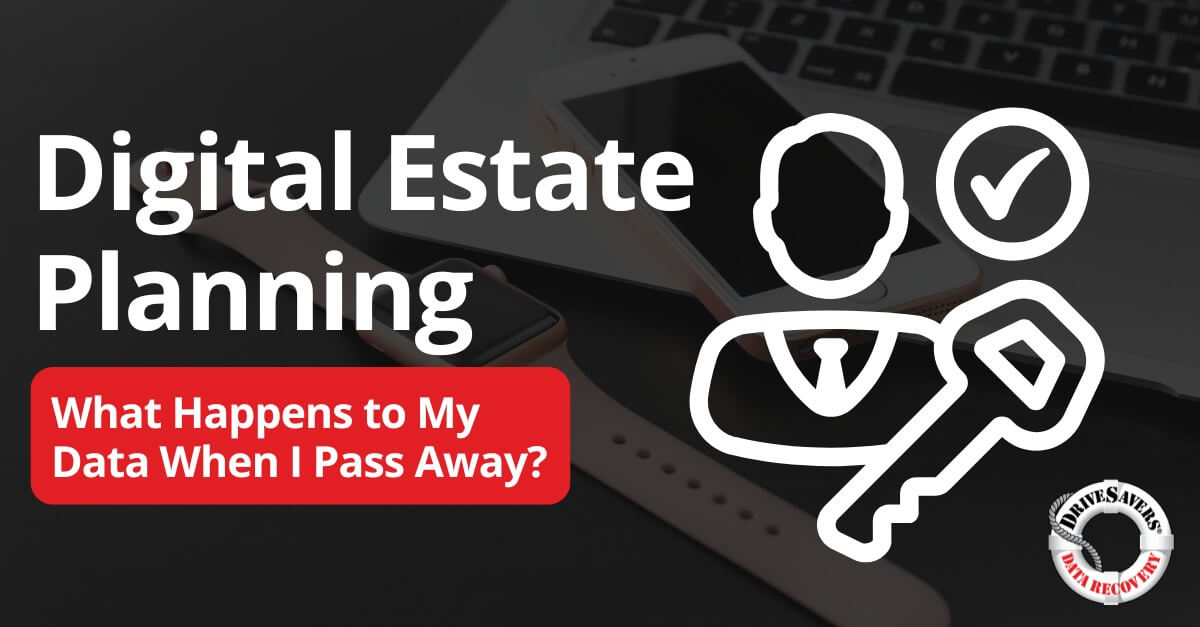At DriveSavers, we often receive requests for data recovery from grieving family members who don’t know the passcode to their loved one’s device.
Be Ready for the New Breed of Pop-up Scam Sites

Say you’re browsing around the web and you click a link to an article, only to be presented with a pop-up saying something along the lines of, “your system has detected…blah blah blah…call this 800# to get it fixed.” You try to close the pop-up but it reappears again and again. Typically your browser’s built-in pop-up blocking is ineffective in these cases. Even pop-up blocking tools like Adblock don’t work and, in some cases, can make the situation worse.
If this happens to you, don’t freak out. As official and urgent as the alert may sound, it’s not real.
Bogus Tech Support
The Internet Crime Complaint Center (IC3) has identified this new twist on the traditional tech support scam, in which computer owners received phone calls from con artists claiming to be from Microsoft or Apple. This new trick involves the user calling the con artist, rather than the other way around. In both instances, the computer user is falsely notified that dangerous viruses have overrun their computer.
In most instances, the end goal of this scam is for the user to purchase a service they do not actually need, i.e. computer virus cleanup.
Gaining Your Trust
This scam is surprisingly successful. Perpetrators focus on less tech-savvy computer users and gain their trust.
- User receives a pop-up that issues a WARNING (in all caps) that the computer has viruses and its security is compromised. A toll-free phone number is provided for “IMMEDIATE assistance.” Any attempt to close the pop-up instigates a new pop-up with the same information.
- The user calls the phone number provided. The person who answers claims to be from Microsoft or Apple. After a conversation that involves multiple scare tactics, the “Microsoft” or “Apple” rep recommends a “trusted partner company” to provide tech support and provides another toll-free number for this “trusted” company.
- The user calls the bogus tech support, convinced that they can trust this company because they believe the company to be recommended by Microsoft or Apple.
- With the user’s permission, the bogus tech support company gains access to the user’s computer and proceeds to remotely download and run unneeded cleanup software.
- The user is given an invoice, usually totaling around $200 or more, which the user gladly pays now that their computer is virus-free (even though it already was).
Thousands of people have been scammed into paying these bogus invoices. Luckily, no actual damage is done to the computers in most cases. In some cases, however, malicious software is downloaded to the user’s computer through which the criminals can further benefit.
What To Do
Links that cause these pop-ups are hidden all over the Internet, even on many legitimate websites. If you’re a frequent web content browser, chances are sooner or later you will encounter this scam.
Depending on which browser you are using, you should see a checkbox on the initial pop-up that says “Prevent this page from creating additional dialogs.” Click that and click “ok.” If that doesn’t work, your next step is to try to quit your browser. Should that fail, you should force-quit your browser, which should do the trick.
To force-quit your browser on a Mac, just hit command-option-esc (or right-click the browser on your dock while holding option and choose “force quit”). On a PC, use ctrl-alt-delete.
Stay safe out there!
Check out this shocking but also funny video from comedian/prankster Jack Vale that shows the scam in action.





